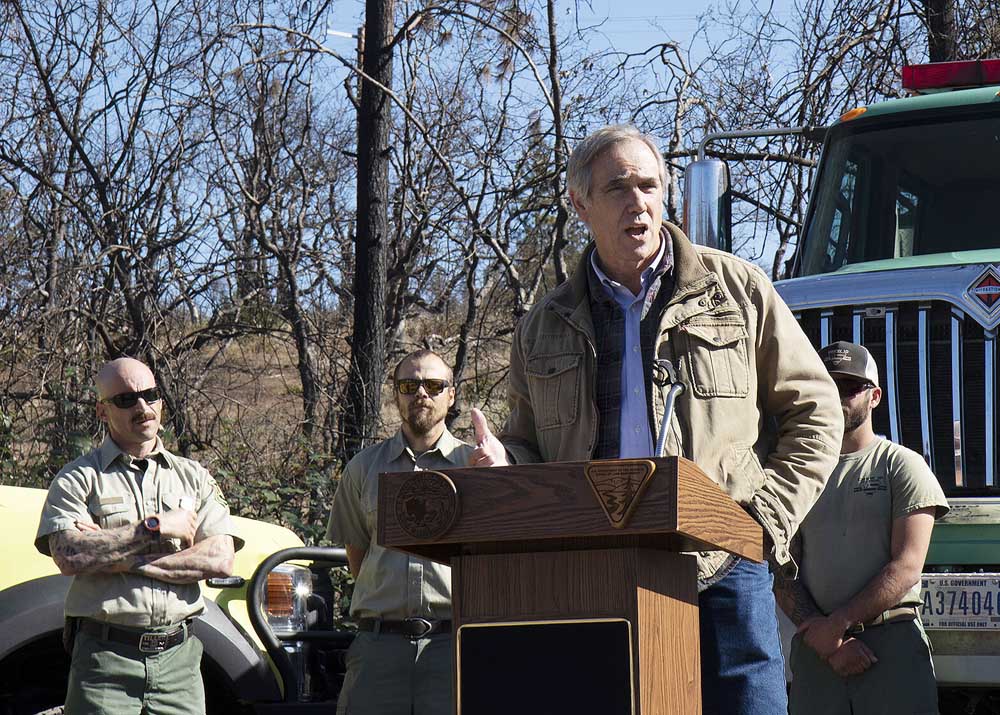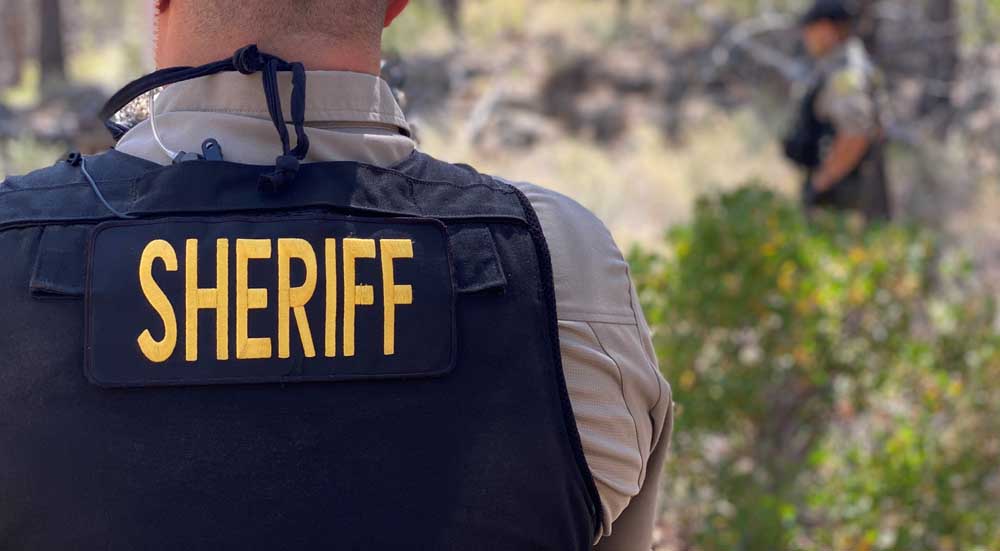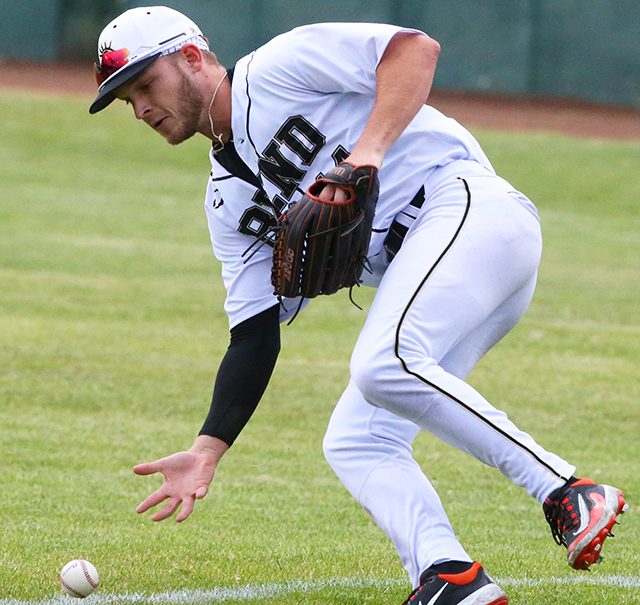Editorial: Should U.S. allow more betting on politics?
Published 5:00 am Wednesday, August 7, 2024

- Oregon Sen. Jeff Merkley in Oregon in 2021.
Oregon Sen. Jeff Merkley, a Democrat, and other senators are urging the Commodity Futures Trading Commission to ban gambling on American elections.
In the United States today, you can bet on politics with a friend. You can’t do it on a sports betting app. No state or jurisdiction allows it.
Some people do use offshore betting sites. If you are looking for something organized, official and legal, you can already bet on elections at the Iowa Electronic Markets or PredictIt. They are for research and teaching purposes. The winnings and betting are with real dollars. And they are exceptions to the current rules.
Merkley and his colleagues want to keep it that way. They want the trading commission to implement a rule to prevent companies from setting up big betting markets on elections.
Betting on politics in the U.S. was once a big deal. The betting odds for who might be president used to be right on the front page of newspapers. Millions were spent. Betting on elections sometimes even exceeded trading of stocks and bonds in New York. And the bettors were good at predicting outcomes in presidential elections — wrong most notably in 1916.
The decline came in the 1940s. The New York Stock Exchange cracked down. Laws were instituted to prohibit it. There’s an excellent summary of some of the history here: tinyurl.com/Polbetshistory, which is where we learned these facts. The New Yorker has a more readerly piece examining the issue, as well, tinyurl.com/NYbetting.
The issue for Merkley is that Kalshi, a financial services company, wants to open up the gambling market for politics more broadly. The company already offers people the opportunity to bet on things such as the highest temperature in Chicago today, if NASA will land on the moon by 2027 or if the genre of Beyonce’s next album will be rock. Kalshi petitioned the Commodity Futures Trading Commission to allow people to use event contracts to bet on control of Congress. The commission rejected the proposal. The company sued, arguing in part that it would enable people to hedge against the risk of control of Congress.
Merkley and his fellow lawmakers say there would be a dark and unhealthy undercurrent to opening up more gambling on elections.
“The last thing that voters heading to the polls need are bets waged on the outcome of that election,” Merkley and his fellow lawmakers wrote in a letter to the commission. “Voters need action, as proposed by the CFTC in this rule, to restore trust. Elections are not a for-profit enterprise. Without this rule, voters will wonder if their vote mattered, and whether the outcome of the election was influenced by big money bets.”
And you could argue, as the lawmakers do, that people would be voting in a way that would help their betting — rather than who would be best to lead the country.
The debate here is not really about whether gambling on politics should exist. It is going to. However, this is about if government should sanction it and to what degree.
We don’t see much benefit to permitting an expansion of betting on politics. And we feel more uncomfortable about it than the problems created by sports betting or lotteries. So we would tell Merkley we agree with him. But you should tell him what you think. You can email him here: merkley.senate.gov/connect.








